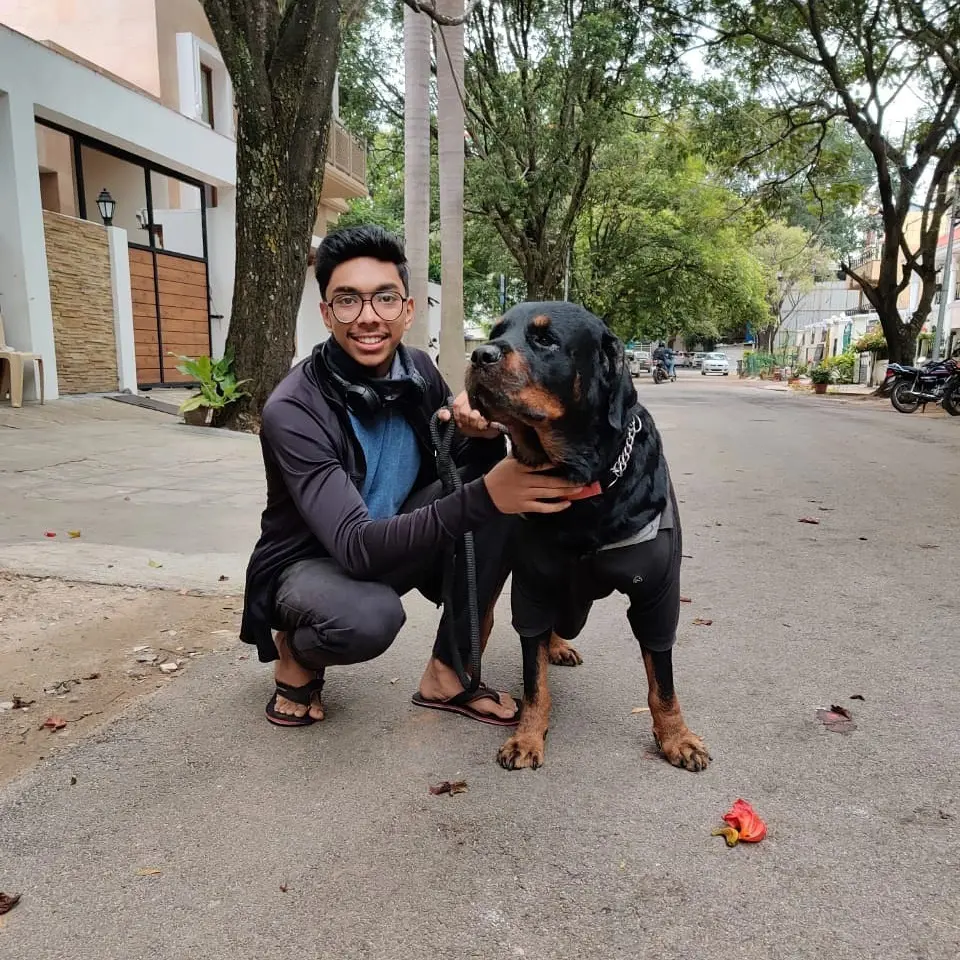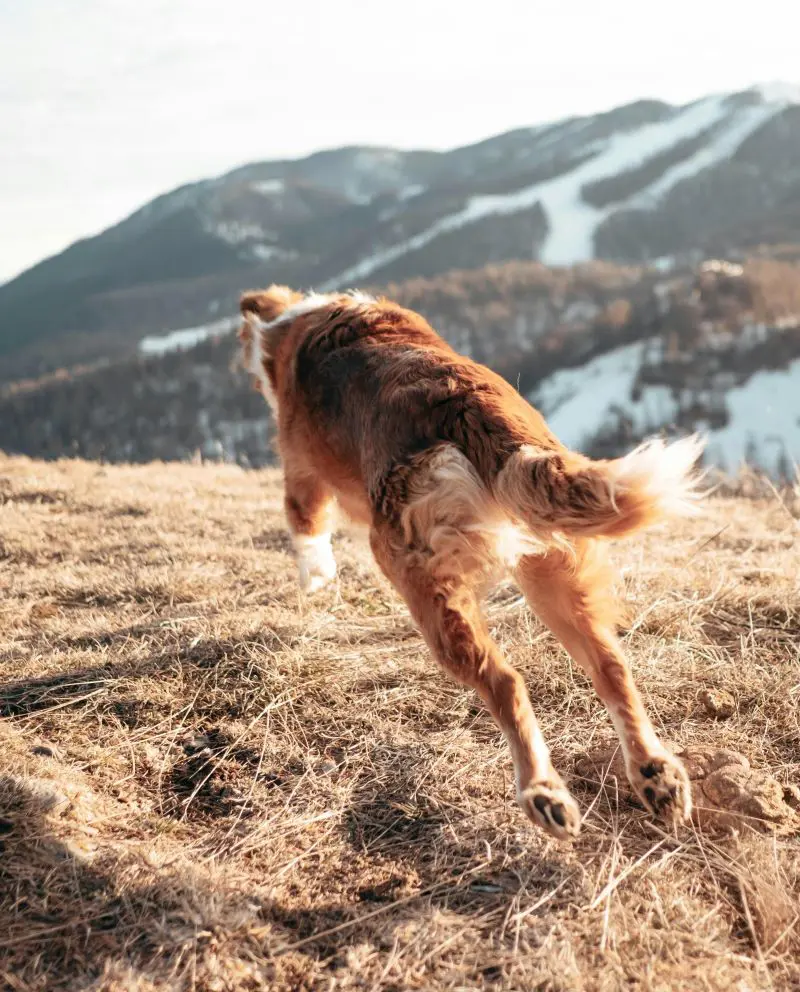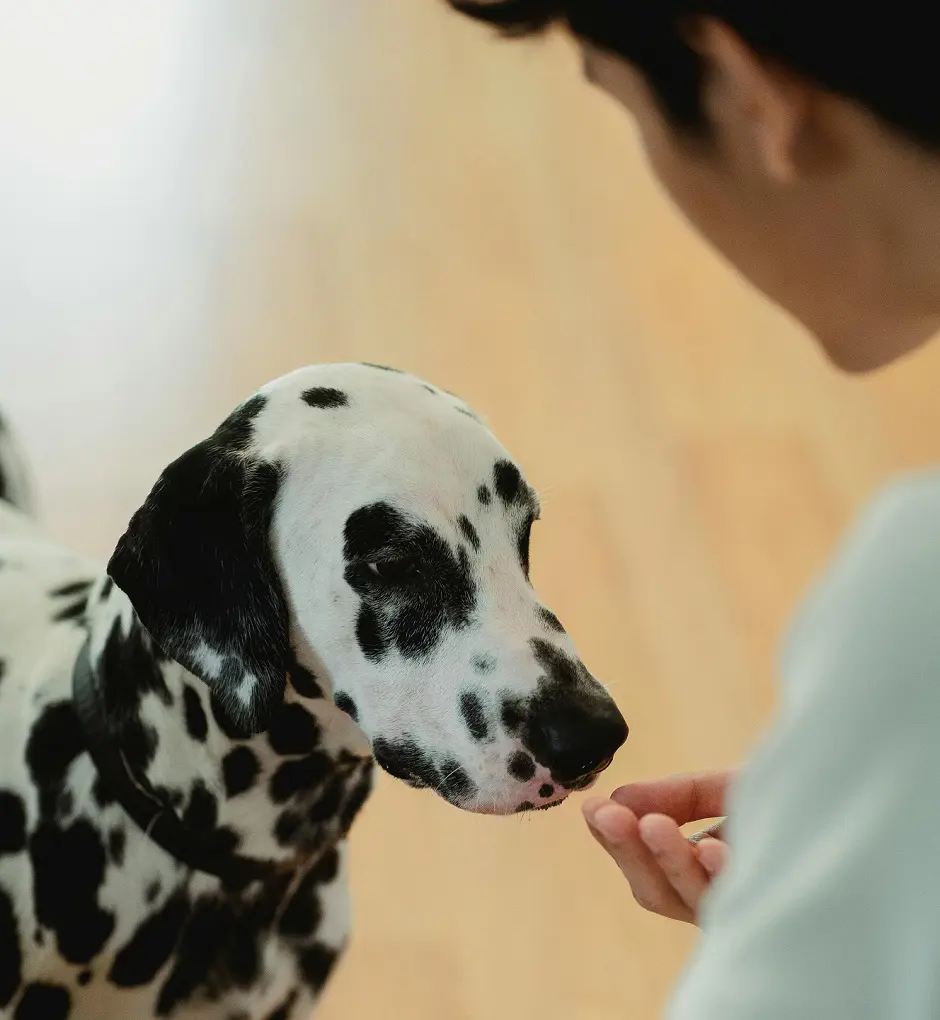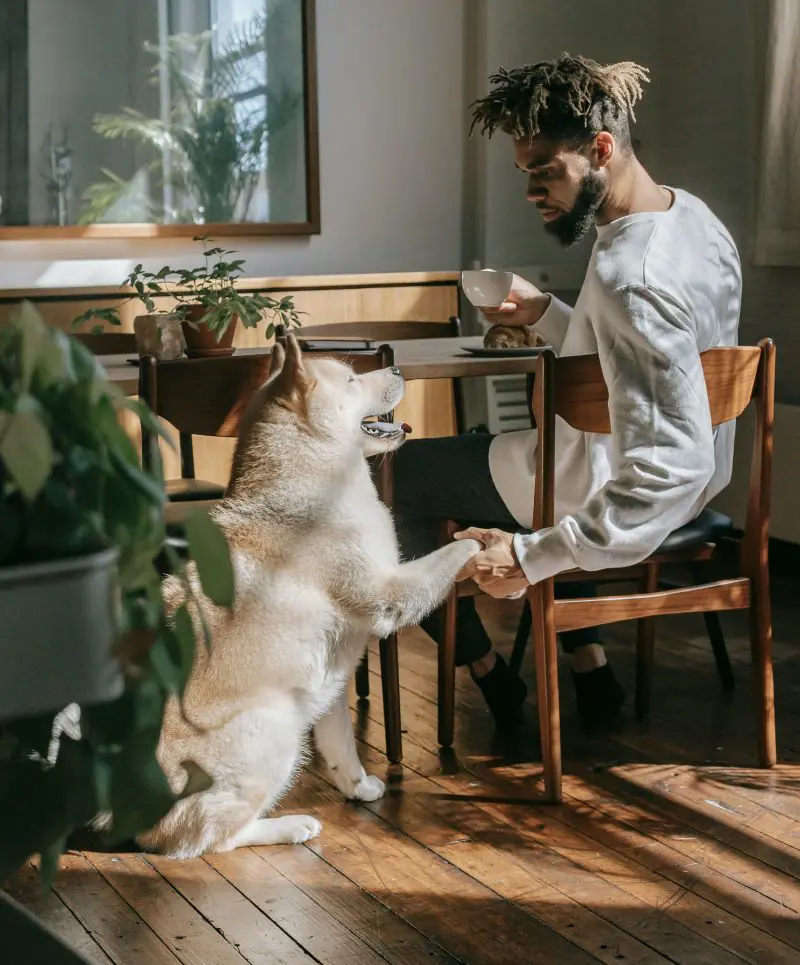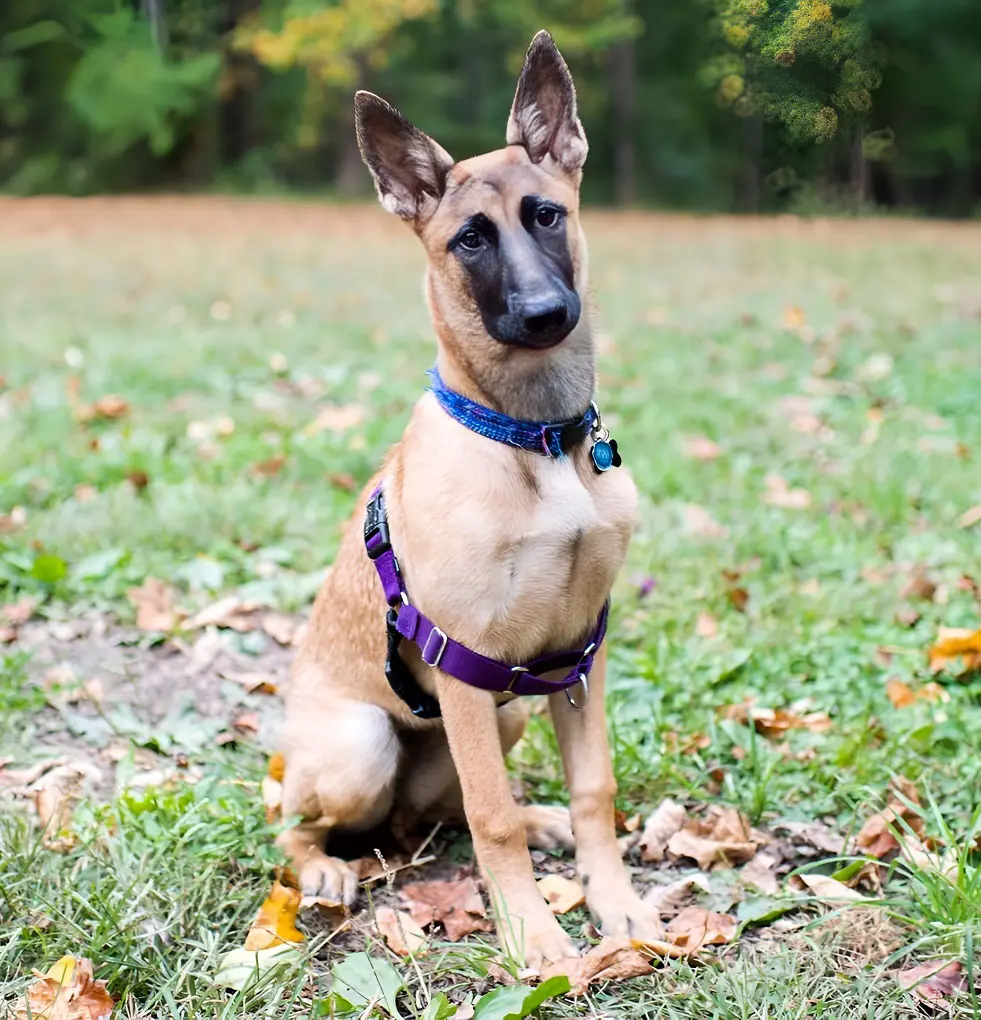18 Ways To Socialize A Dog

Comfort is built in a graduated fashion by creating exposure to new environments, people, and animals, which makes each dog progress according to its own pace. Socialization builds a confident and stable companion.
Positive experiences make a very rewarding journey for you and your dog, the more patient and persistent you are, the higher the chances of raising an adaptable and friendly pet that will genuinely love life to the fullest.
1. Introduce New Environments Gradually
The dog must be allowed to adapt to new environments when getting used to unfamiliar surroundings and to do this, one should take the dog to quiet unfamiliar locations, give them the freedom to adapt and react at their own pace while acting calmly and positively, to ensure that the dog is not overwhelmed.
Slowly expose your dog to environments such as parks, busy streets, or even pet-friendly stores as he becomes more confident and aim to make sure he finds the place not only in a positive way but also without stress, this helps build up his confidence and reduces fear or anxiety caused by new situations.
Your dog will learn to handle different situations almost with ease and will become a well-rounded sociable dog.
2. Schedule Doggy Playdates
Find a friend or neighboring dog with very good behavior and take your time setting up these playdates so they can learn to be with one another in a controlled and safe manner, one of the greatest ways to socialize a dog is through routine playdates with other dogs.
Observe the dog's behavior intently and ensure that on these play dates, if he is happy and having a good time, you may intervene to avert bad experiences and good experiences with other dogs are very important in your dog's socialization.
Regular play dates will help your dog understand how to properly relate to different animals and thus enhance its skills in various lines of communication, play interaction, and even in making new dog friends, this is necessary for their social development and overall happiness.
3. Meet Different People

To make your dog get along well with all sorts of humans, your dog should be socialized with humans of all ages, types, and genders first introduce your dog to family and friends then slowly allow them to meet strangers.
Allow these people to play with your dog in soft ways that also include dispensing treats or toys so that he knows these people mean good things as well, making a total of three types of people, and this way the dog learns that these too are nothing to be afraid of but rather friends or sources of good experiences.
Exposing your pet dog regularly to many different people will help them be comfortable and confident around others, eliminating chances of fear or aggression in bizarre social conditions and making them a well-adjusted and friendly companion.
4. Walk in Busy Areas
The dog learns to remain calm around various stimuli, starting with moderately busy areas like parks with people and other dogs, walks can gradually increase in the length and period we want, and in busy towns and cities giving the dog new sights, sounds, smells, and exposure to different things.
Remember to be relaxed and calm on the walks, you should follow the lead of the dog and observe and reward the dog with treats and praise for good behaviors or calm reactions to the setting to further reinforce those behaviors.
Walking them regularly in busy places will increase the confidence in your dog, which in turn makes them less anxious when never presented with new situations that they might find overwhelming, this would help them remain calm and be composed wherever you take them.
5. Visit Dog-Friendly Places
Socialize the dog with the people and other dogs by visiting cafes, parks, and beaches that allow dogs, go for the ones that are not very crowded so your dog can get used to being in other creatures' company in a public place.
You can have your dog on the leash while here and slowly allow him to approach others, with liberty to sniff and explore at his pace as you manage his safety and comfort's time to be shared.
If a dog is taken to dog-friendly places, he gets a chance to socialize, so it is a way to show a dog how they are supposed to behave in such situations and that way, their manners will be polished and they will feel comfortable in other environments as well.
6. Join Training Classes

Your pet will benefit from dog training classes because there is more than one dog in the process with its respective owner, with expert guidance from a professional trainer, and a perfect socialization environment is created whereby your dog will be able to learn not just basic commands but proper behavior.
In this way, your dog learns to respect your commands coupled with the behavior to deal with other dogs, keeping a focus on you and these are the skills required of every dog to be nicely socialized.
Continued classes in training enhance his behavior, boost his confidence when meeting new dogs and people and strengthen his good manners. The result will be a well-adjusted dog, relaxed with new dogs and people in dog-friendly places, indoors as well as out.
7. Use Positive Reinforcement
Positive reinforcement can be very efficient in training a dog to have good social skills, each time your dog behaves appropriately around a person or another animal, reward him with a treat, praise, and playtime so that he starts to associate socialization with a rewarding experience.
Most of the work will come in maintaining a routine of rewarding every time he displays good conduct during social interactions so he will know to repeat his actions, dogs learn to associate the rewarding experience with being friendly and calm around people.
Over time, through positive reinforcement, your dog most likely will continue performing the right actions, and socialization will become a pleasurable process that shapes the more friendly personality in all kinds of situations.
8. Expose to Various Sounds
Such experiences should have been part of his socialization for him to be less fearful and more tolerant of noisy surroundings, begin by exposing him to varying types of day-to-day sounds including vacuum cleaners, ringing of the doorbell, revving engines, etc with an increasing intensity volume of the noise from these sounds.
Slowly move up to the more advanced noises with your dog such as fireworks, thunderstorms, or crowds and always keep calm and reassuring of the noises so that he doesn't become worried or frightened.
This way, the dog will be able to stand noisy situations time after time and will regularly stay composed and relaxed so they will not develop much fear and, over time, will become more confident in coping with new noise which is significant in general social development.
9. Interact with Other Animals

Give exposure to your dog to become social with other animals like cats, rabbits, or even birds and the greater the number of such exposures, the more adaptable towards socialization would be the dog.
Always give a controlled exposure where the dog and the other animals feel comfortable and sure of not being hurt by each other and supervise and intervene when necessary so that aggression or fear elicited from your dog does not have to occur, as these experiences need to be positive and free of stress for the animals involved.
You allow your dog to develop better social skills when you gradually get them accustomed to other animals, it makes them tolerant and that in itself reduces the chances of negative reactions when they come in contact with different animals.
10. Join Dog Walking Groups
It would help if you aimed at bringing your dog to meet more dog owners and you will carry on a more controlled and friendly exposure of your dog to other dogs while walking, this is a great way of socializing your dog as well as yourself.
This allows your dog to walk around and socialize with new friends learning how to behave in a crowd of dogs while properly and calmly respecting the environment under your watchful eye.
Practice group dog walking regularly to help your dog develop confidence and better social skills, you will be able to enrich your life and as well as your dog with new experiences of visiting places and meeting friends.
11. Explore New Textures
Get your dog used to being on different surfaces like long grass, sand, gravel, or even ones in the house such as carpets and tiles so they are at home with being on different surfaces, your dog will need to get used to the texture by doing a lot of sniffing over them in its own time.
They shall also start becoming versatile and less freaked out or afraid when in an environment other than that of their home surroundings and they come across other new textures of surfaces.
12. Host Dog-Friendly Events

Setting up doggy-related social events either in your backyard or in your house is another fun and safe way of getting your dog socialized and you may invite your friends, and relatives with well-behaved dogs, to a casual setting, wherein all dogs are free to mix, get off their leashes and have a lot of fun under supervision.
These parties should have many toys, treats, and water and watch the behavior of the dogs to make sure everyone is happy and having a good time, showing no signs of stress or aggression, if any of the dogs are observed to be agitated or showing aggression, that particular dog must be immediately taken out of the situation.
13. Go on Car Rides
Good experiences habituate your dog to new environments and just going out without necessarily going somewhere so start with short outings around the community for good experiences with the car and encountering new places.
The more your dog gets accustomed to the ride in the car, the greater the distance and frequency you can begin to undertake in reaching out to the parks, and beaches or even just drive around the town for them to encounter the sights, sounds and smells.
14. Teach Basic Commands
Teach your dog command words, such as "sit," "stay," and "come," because these have much importance in socialization so it will give you control over your behaviors when in an area where they can be social.
Start these commands in a quiet area, and when they feel pretty confident with what you are asking, ease them in by gradually increasing the distraction areas.
Within nearly the same training, your dog will end up learning how to pay attention to you all the time, no matter the number of dogs or people around this makes socializing very easy and less stressful for you two.
15. Visit Pet Stores

Start slowly by going to the dog-quiet stores for just a few minutes, where you can let your dog walk in the aisles, sniff and expose themselves to store workers, and experience other shoppers in a controlled manner.
This combination of these two can make the dog understand that he is protected in this new social environment and through regular visits to a pet shop, your puppy will tend to be one more self-confident and mannered dog to feel more flexible in new situations and general social contacts.
16. Try Doggy Daycare
They are controlled and structured kinds of environments so they can provide your dog with many other dogs which can provide practice to your dog in developing their very own social skills.
There will be so many learning and playing opportunities for it to socialize with other dogs in a safe environment under the care of well-trained professionals who will be there to watch and correct any undesirable behavior, thus making it a fun experience for all the dogs.
17. Observe Other Dogs
Let your dog watch other dogs relieving themselves in a variety of settings, so they have something to emulate so begin by bringing your dog to parks or another location where they can see other dogs from a distance and gradually bring them nearer as they become more acclimated.
The more time a dog spends around other dogs in various situations, the better the social skills become over time and they will grow in confidence and behave well when it is their turn to interact which is important in the social development of the dog.
18. Allow Adjustment Time

Let your dog have a look at new things at his own pace without being forced into something that may put him on high alert, socialization also includes giving a dog adjustment time within new surrounding environments, people and experiences.
By doing so, naturally enough, the dog will feel greater confidence when coming into contact with the unknown, reducing fear and anxiety related to things in the social environment.
Such understanding and patience over time will make your dog turn out more social and well-adjusted, it would be easy for your pet to find all new experiences well presented and handle interaction with ease becoming well-adjusted and happy.
Top Lists
